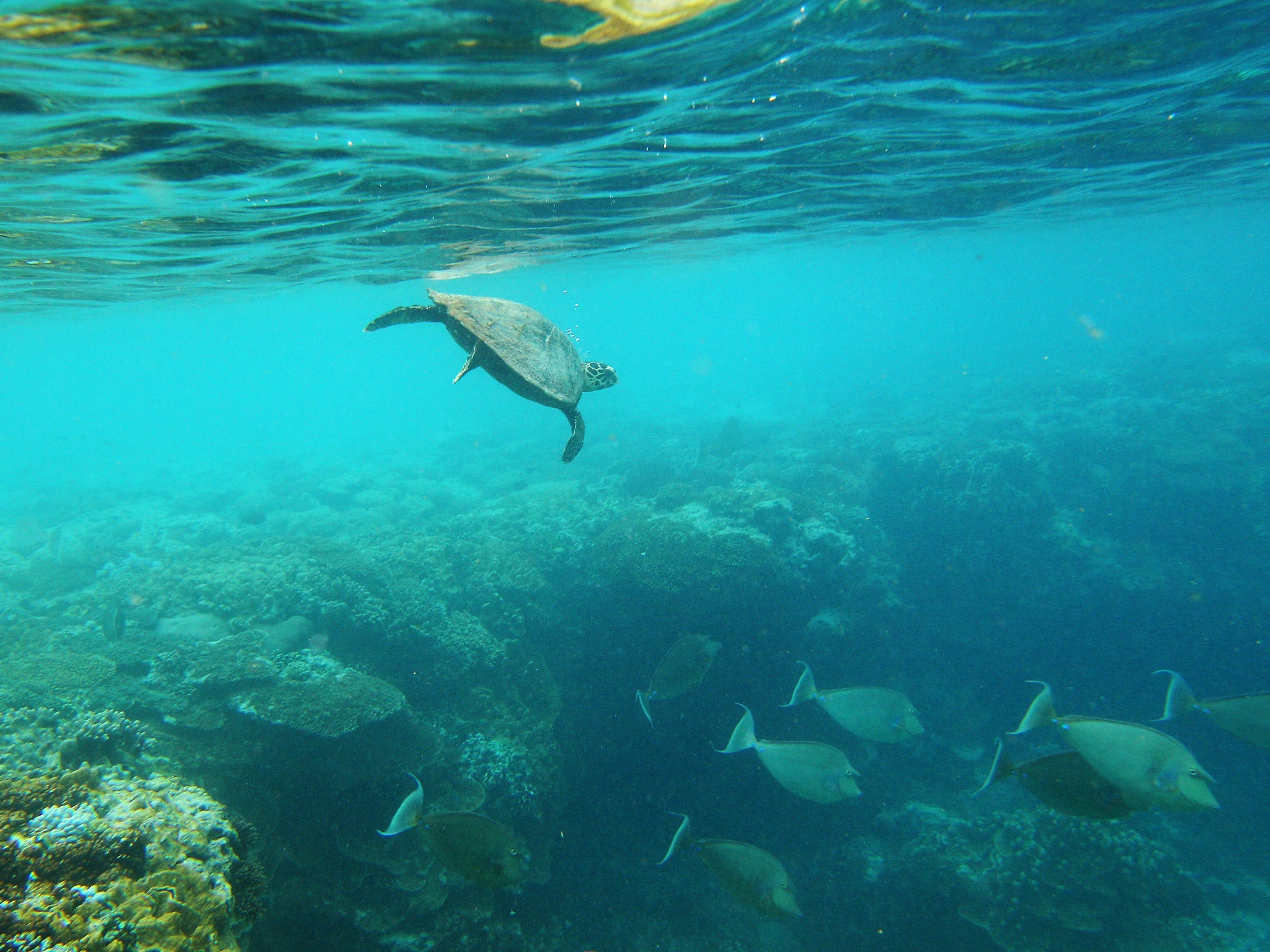Australia Great Barrier Reef dredging plan criticised by UNESCO
But the committee postponed discussions to decide whether the natural wonder should be put on an "in danger" list

Your support helps us to tell the story
From reproductive rights to climate change to Big Tech, The Independent is on the ground when the story is developing. Whether it's investigating the financials of Elon Musk's pro-Trump PAC or producing our latest documentary, 'The A Word', which shines a light on the American women fighting for reproductive rights, we know how important it is to parse out the facts from the messaging.
At such a critical moment in US history, we need reporters on the ground. Your donation allows us to keep sending journalists to speak to both sides of the story.
The Independent is trusted by Americans across the entire political spectrum. And unlike many other quality news outlets, we choose not to lock Americans out of our reporting and analysis with paywalls. We believe quality journalism should be available to everyone, paid for by those who can afford it.
Your support makes all the difference.The Australian Government said on Thursday that it knows how to protect the Great Barrier Reef, after a UN report criticised its plan to dump tonnes of sand near the World Heritage site.
The report comes after Australia's agency responsible for protecting the reef granted permission in January for 3 million cubic metres of dredge spoil to be dumped around 25km (15 miles) from the reef, as part of a project to expand Abbot Point coal port.
In the document published on Wednesday, UNESCO’s World Heritage Committee save the Australian Government from potential embarrassment by reneging on its suggestion that UN member states should consider placing the natural wonder on an “in danger” list at a meeting in Qatar in June.
Instead, the committee said member states should not consider until 2015 whether to put the reef on the list.
However, the committee said it regretted the approval for the dredging project “prior to having undertaken a comprehensive assessment of alternative and potentially less impacting development and disposal options”.
Australia, it said, should be asked “to ensure that the option selected...is the least damaging option available”.
Environment Minister Greg Hunt, who last year approved the expansion, said in a statement that the dredging plan met Australia's obligations under the World Heritage Convention.

"Protection for the Great Barrier Reef is an ongoing challenge," he said.
"We are confident that we have the processes, resources and environmental protection mechanisms in place to ensure that the Great Barrier Reef continues to be among the best managed and protected World Heritage areas in the world."
The reef has the world's largest collection of coral reefs, with 400 types of coral, 1,500 species of fish, 4,000 types of mollusc, and is habitat for threatened species, including the dugong and large green turtle, according to the World Heritage list.
Green groups were angered when port operator North Queensland Bulk Ports Corp (NQBP) was given approval for expansion, and have since fought to protect the reef, which generates $5 billion in tourism a year.
The North Queensland Conservation Council, which has mounted the legal challenge to the approval, said it was not confident Australia would do enough to prevent the ”in danger“ listing.
"I'm sad that more has not been done by the Australian and Queensland governments so that this threat is still hanging over us like the Sword of Damocles," said Wendy Tubman, the council's coordinator.
The Australian Marine Conservation Society said authorities had six months to ”turn around a situation when they're simply not doing enough to reverse the health decline of the reef“.
The port operator said UNESCO had failed to recognise that alternatives for expanding the port had been considered.
"It would appear that the World Heritage Committee has completely ignored peer reviewed science which has examined cumulative impacts of planned port development at Abbot Point," NQBP Chief Executive Brad Fish said in a statement.
Additional reporting by Reuters
Join our commenting forum
Join thought-provoking conversations, follow other Independent readers and see their replies
Comments